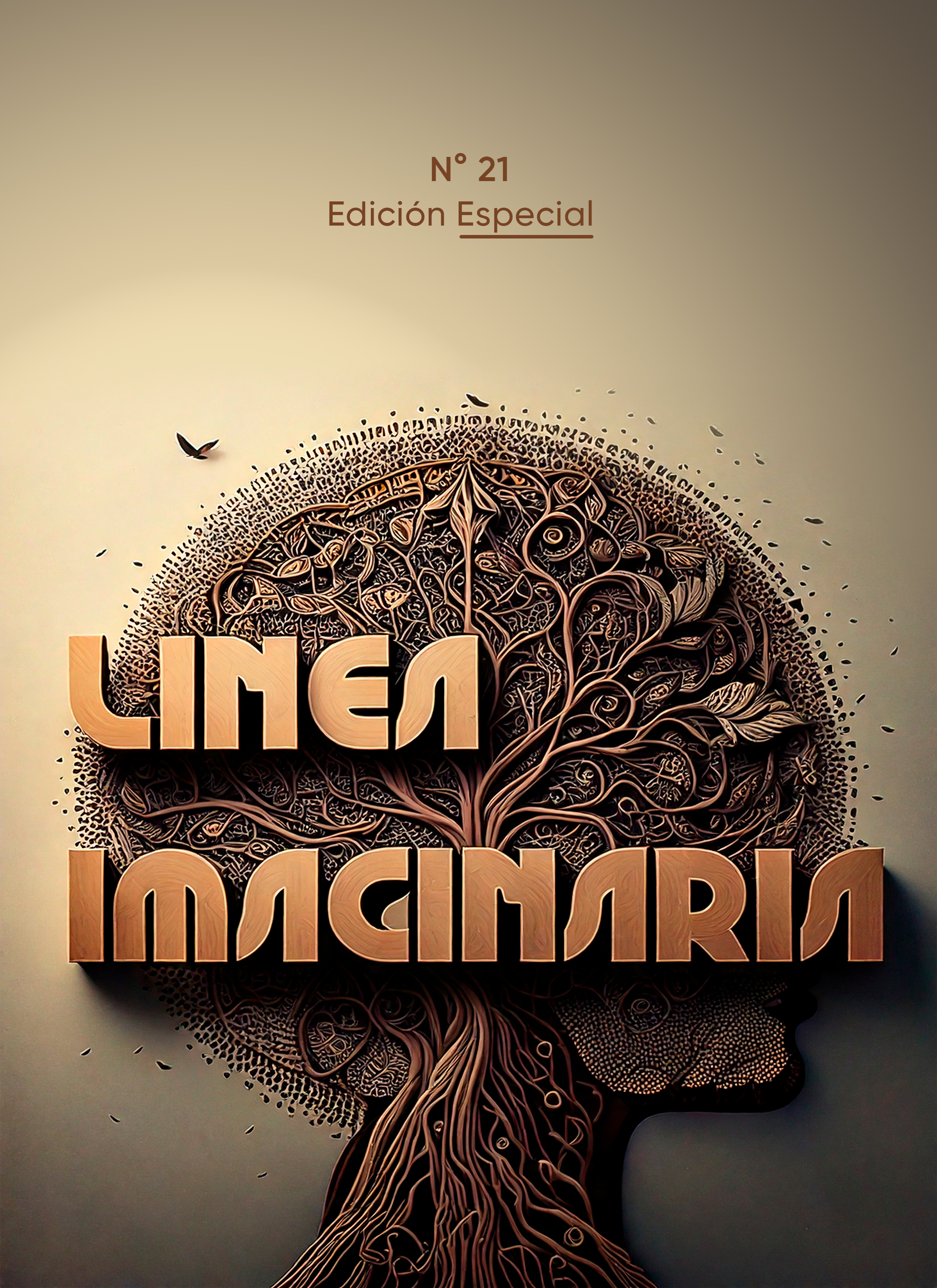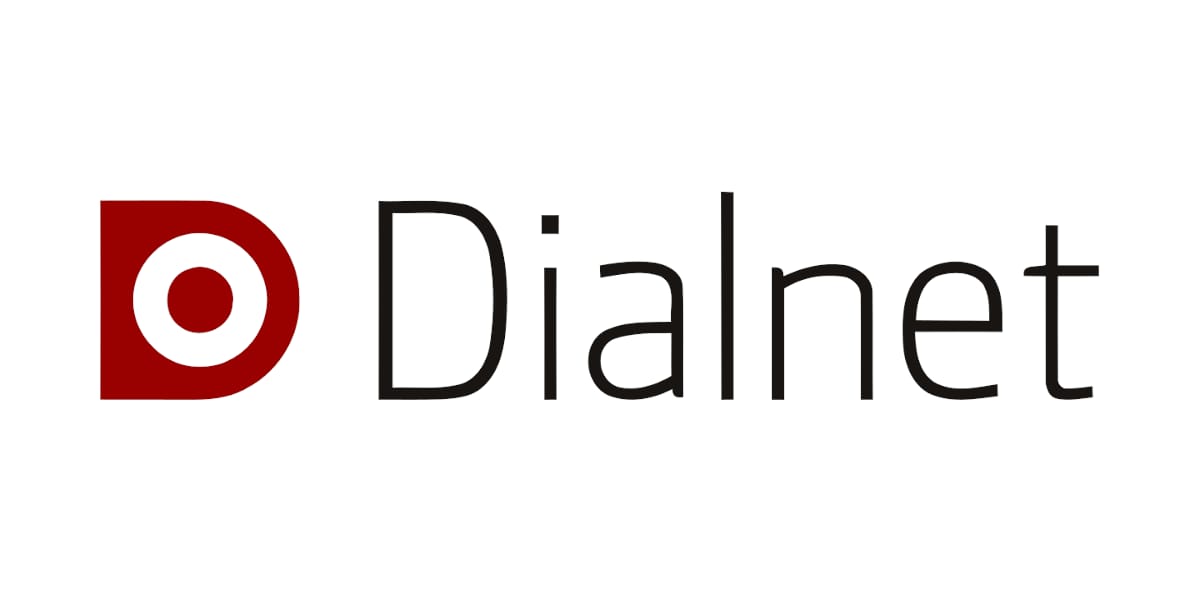ALFABETIZACIÓN EN INTELIGENCIA ARTIFICIAL PARA APOYAR LA INVESTIGACIÓN CIENTÍFICA
Palabras clave:
Alfabetización en inteligencia artificial, educación superior, ética de la inteligencia artificial, inteligencia artificial, investigación científicaResumen
La alfabetización en inteligencia artificial (IA) se ha convertido en un requisito esencial
para los profesionales de cualquier disciplina. En este contexto, esta investigación de
revisión sistemática analiza el concepto de "alfabetización en inteligencia artificial" en el
ámbito de la investigación científica, abordando dos preguntas principales: ¿cómo se
define este término y cuáles son las áreas de conocimiento esenciales para su
implementación? A través del protocolo PRISMA, se seleccionaron y analizaron 21
artículos utilizando herramientas basadas en IA, como Rayyan y Chatpdf. Los resultados
muestran que el 67% de los autores define la alfabetización en IA como una capacidad,
el 24% como una competencia y el 9% como una habilidad, destacando su relevancia
para comprender, evaluar y utilizar críticamente las tecnologías de IA en contextos
científicos. Además, el 71% de los estudios enfatiza la dimensión ética, abordando
aspectos como las implicaciones éticas y sociales (24%), el desarrollo de actitudes éticas
(14%) y la aplicación de principios éticos (10%). En cuanto a las áreas de conocimiento,
el 90% de los estudios subraya las consideraciones éticas, el 86% destaca la
comprensión de los fundamentos de la IA, y el 43% resalta las aplicaciones prácticas de
la IA en investigación. También se identificaron competencias clave como el pensamiento
crítico (38%) y la colaboración (38%). Herramientas de IA, como ChatGPT y Copilot para
la redacción académica, Chatpdf y Chatdoc para el análisis de literatura, y Litmaps y Semantic Scholar para el mapeo de citas, fueron reconocidas como recursos valiosos. Los hallazgos subrayan la necesidad de una alfabetización integral en IA que integre habilidades técnicas y éticas, promoviendo una investigación más eficiente, crítica y responsable. Este estudio ofrece una base conceptual y práctica para el diseño de estrategias educativas que fortalezcan la alfabetización en IA en los ámbitos académico y científico
Descargas
Citas
Almatrafi, O., Johri, A., & Lee, H. (2024). A Systematic Review of AI Literacy Conceptualization, Constructs, and Implementation and Assessment Efforts (2019-2023). Computers and Education Open, 6, 100173. https://doi.org/10.1016/j.caeo.2024.100173
Biagini, G., Cuomo, S., & Ranieri, M. (2023). Developing and Validating a Multidimensional AI Literacy Questionnaire: Operationalizing AI Literacy for Higher Education. AIxEDU@AI*IA,. 1-15.
Carolus, A., Koch, M.J., Straka, S., Latoschik, M.E., & Wienrich, C. (2023). MAILS - Meta AI Literacy Scale: Development and Testing of an AI Literacy Questionnaire Based on Well-Founded Competency Models and Psychological Change- and Meta-Competencies. Computers in Human Behavior: Artificial Humans, 1(2), 100014. https://doi.org/10.1016/j.chbah.2023.100014
Celik, I. (2023). Exploring the Determinants of Artificial Intelligence (AI) Literacy: Digital Divide, Computational Thinking, Cognitive Absorption. Telematics and Informatics, 83, 102026. https://doi.org/10.1016/j.tele.2023.102026
Černý, M. (2024). University Students’ Conceptualisation of AI Literacy: Theory and Empirical Evidence. Social Sciences, 13(3), 129. https://doi.org/10.3390/socsci13030129
Chiu, T. K. (2024). Future research recommendations for transforming higher education with generative AI. Computers and Education: Artificial Intelligence, 6, 100197. https://doi.org/10.1016/j.caeai.2023.100197
Chiu, T.K., Ahmad, Z., Ismailov, M., & Sanusi, I.T. (2024). What are artificial intelligence literacy and competency? A comprehensive framework to support them. Computers and Education Open, 6, 100171. https://doi.org/10.1016/j.caeo.2024.100171
Faruqe, F., Watkins, R., & Medsker, L.R. (2021). Competency Model Approach to AI Literacy: Research-based Path from Initial Framework to Model. Advances in Artificial Intelligence and Machine Learning; Research. 2(4), 580-587.
Hagendorff, T. (2020). The Ethics of AI Ethics: An Evaluation of Guidelines. Minds and Machines, 30, 99-120.
Knoth, N., Decker, M., Laupichler, M.C., Pinski, M., Buchholtz, N., Bata, K., & Schultz, B. (2024). Developing a Holistic AI Literacy Assessment Matrix - Bridging Generic, Domain-Specific, and Ethical Competencies. Computers and Education Open, 6, 100177. https://doi.org/10.1016/j.caeo.2024.100177
Kong, S., Cheung, M. W., & Tsang, O. (2024). Developing an artificial intelligence literacy framework: Evaluation of a literacy course for senior secondary students using a project-based learning approach. Computers and Education: Artificial Intelligence, 6, 100214. https://doi.org/10.1016/j.caeai.2024.100214
Kong, S.C., Cheung, W. M., & Zhang, G. (2022). Evaluating artificial intelligence literacy courses for fostering conceptual learning, literacy and empowerment in university students: Refocusing to conceptual building. Computers in Human Behavior Reports, 7, 100223. https://doi.org/10.1016/j.chbr.2022.100223
Laupichler, M. C., Aster, A., Haverkamp, N., & Raupach, T. (2023). Development of the “scale for the assessment of non-experts’ AI literacy” – An exploratory factor analysis. Computers in Human Behavior Reports, 12, 100338. https://doi.org/10.1016/j.chbr.2023.100338
Laupichler, M.C., Aster, A., Schirch, J., & Raupach, T. (2022). Artificial intelligence literacy in higher and adult education: A scoping literature review. Computers and Education: Artificial Intelligence, 3, 100101. https://doi.org/10.1016/j.caeai.2022.100101
Long, D., & Magerko, B. (2020). What is AI Literacy? Competencies and Design Considerations. Proceedings of the 2020 CHI Conference on Human Factors in Computing Systems, 1-16. https://doi.org/10.1145/3313831.3376727
Ng, D.T., Leung, J.K., Chu, S.K., & Qiao, M.S. (2021). Conceptualizing AI literacy: An exploratory review. Computers and Education: Artificial Intelligence, 2, 100041. https://doi.org/10.1016/j.caeai.2021.100041
Pinski, M., & Benlian, A. (2023). AI Literacy - Towards Measuring Human Competency in Artificial Intelligence. 56th Hawaii International Conference on System Sciences, 165-174.
Song, Y., Weisberg, L.R., Zhang, S., Tian, X., Boyer, K.E., & Israel, M. (2024). A framework for inclusive AI learning design for diverse learners. Computers and Education: Artificial Intelligence, 6, 100212. https://doi.org/10.1016/j.caeai.2024.100212
Southworth, J.R., Migliaccio, K., Glover, J., Glover, J.M., Reed, D., McCarty, C., Brendemuhl, J.H., & Thomas, A.O. (2023). Developing a model for AI Across the curriculum: Transforming the higher education landscape via innovation in AI literacy. Computers and Education: Artificial Intelligence, 4, 100127. https://doi.org/10.1016/j.caeai.2023.100127
Sperling, K., Stenberg, C., McGrath, C., Åkerfeldt, A., Heintz, F., & Stenliden, L. (2024). In search of artificial intelligence (AI) literacy in Teacher Education: A scoping review. Computers and Education Open, 6, 100169. https://doi.org/10.1016/j.caeo.2024.100169
Steinbauer, G., Kandlhofer, M., Chklovski, T., Heintz, F., & Koenig, S. (2021). A Differentiated Discussion About AI Education K-12. Kunstliche Intelligenz, 35, 131 - 137.
Stolpe, K., & Hallström, J. (2024). Artificial Intelligence Literacy for Technology Education. Computers and Education Open, 6, 100159. https://doi.org/10.1016/j.caeo.2024.100159
Wilton, L., Ip, S., Sharma, M., & Fan, F. (2022). Where Is the AI? AI Literacy for Educators. In: M. M. Rodrigo, N. Matsuda, A. I. Cristea, & V. Dimitrova (eds), Artificial Intelligence in Education. Posters and Late Breaking Results, Workshops and Tutorials, Industry and Innovation Tracks, Practitioners’ and Doctoral Consortium. AIED 2022. Lecture Notes in Computer Science (vol. 13356, pp. 180-188). Springer. https://doi.org/10.1007/978-3-031-11647-6_31
Descargas
Publicado
Cómo citar
Número
Sección
Licencia
Derechos de autor 2025 LÍNEA IMAGINARIA

Esta obra está bajo una licencia internacional Creative Commons Atribución-NoComercial-CompartirIgual 4.0.
La revista Línea Imaginaria conserva los derechos patrimoniales (copyright) de las obras publicadas, que favorece y permite la reutilización de los mismos bajo la licencia Creative Commons Atribución-NoComercial-CompartirIgual 4.0 , por lo cual se pueden copiar, usar, difundir, transmitir y exponer públicamente, siempre que se cite la autoría y fuente original de su publicación (revista, editorial, URL y DOI de la obra), no se usen para fines comerciales u onerosos y se mencione la existencia y especificaciones de esta licencia de uso. Si remezcla, transforma o crea a partir del material, debe distribuir su contribución bajo la misma licencia del original.














